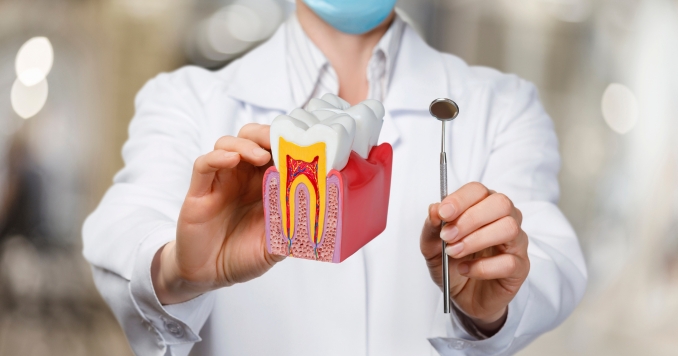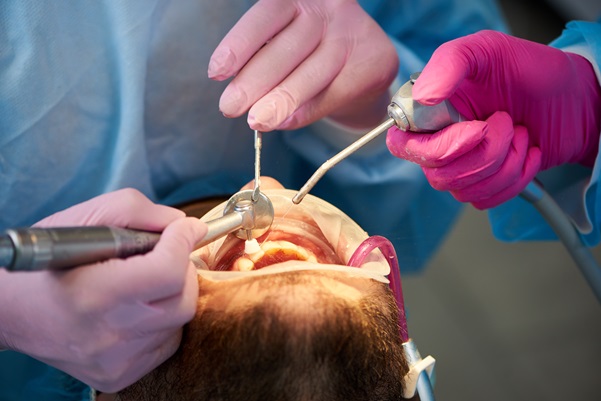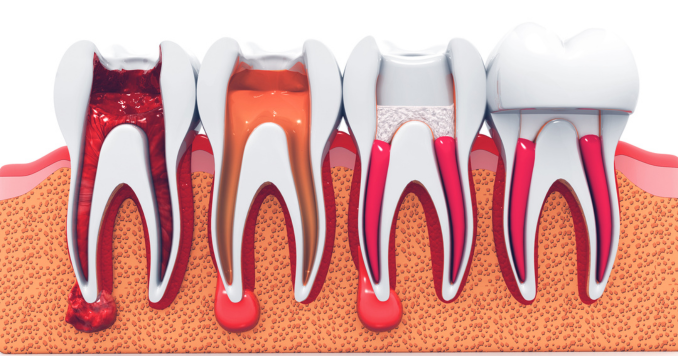We are not a registered HMO/Medicare/Medicaid provider instead, try our Membership Plan
Exploring the Connection Between Dental Hygiene Practices and Root Canal Needs in San Leandro

Maintaining good dental hygiene is essential for oral health. However, neglecting these practices can lead to various dental issues, including the need for root canal therapy. Many people are unaware of how their daily habits directly affect their risk of requiring such procedures. Understanding this connection can help you take proactive steps to prevent future complications. This blog explores the relationship between dental hygiene practices and root canal needs, emphasizing the importance of regular care to reduce the likelihood of root canal therapy.
The Basics of Dental Hygiene
Dental hygiene is more than just brushing your teeth. It involves a combination of practices aimed at maintaining oral health. Here are some key elements to consider:
- Brushing: Brush at least twice a day with fluoride toothpaste. This helps remove plaque and food particles that can lead to cavities and infections.
- Flossing: Daily flossing removes debris between teeth where toothbrushes can’t reach. This is crucial for preventing gum disease and cavities.
- Regular Check-ups: Visit your dentist at least twice a year for cleanings and check-ups. Early detection of dental issues can prevent the need for root canal therapy later.
- Diet: A balanced diet contributes to healthy teeth. Limit sugary snacks and drinks, as they can lead to decay.
- Avoid Tobacco: Smoking and tobacco use can damage gums and lead to severe dental problems. Quitting can significantly improve your oral health.
These simple yet effective practices can greatly reduce your chances of needing root canal therapy in San Leandro.
How Poor Dental Hygiene Leads to Root Canal Needs?
Neglecting dental hygiene can lead to infections and decay, increasing the likelihood of root canal needs. Here are some common issues linked to poor hygiene:
- Tooth Decay: Plaque buildup can cause cavities, which, if untreated, may reach the pulp of the tooth, necessitating root canal therapy.
- Gum Disease: Inflammation of the gums can cause pockets to form, allowing bacteria to enter the tooth’s interior. This can lead to infections that require root canal intervention.
- Abscess Formation: Severe decay or gum disease can lead to abscesses, which are painful infections. These often result in the need for root canal therapy to remove the infected tissue.
Recognizing Signs That You May Need a Root Canal
If you practice good dental hygiene but still experience dental problems, it’s essential to recognize the signs that may indicate you need root canal therapy. These include:
- Persistent Pain: Ongoing tooth pain, especially when biting or chewing, can signal that something is wrong.
- Sensitivity: Prolonged sensitivity to hot or cold can indicate damage to the tooth’s nerve.
- Swelling: Swelling in the gums near a specific tooth may point to an infection requiring treatment.
- Discoloration: Darkening of a tooth can indicate damage to the pulp, often necessitating a root canal.
The Importance of Professional Dental Care
While daily dental hygiene is crucial, professional dental care cannot be overlooked. Regular visits to your dentist ensure that any potential issues are caught early. Here are some reasons why professional care is vital:
- Thorough Cleanings: Dental professionals can remove plaque and tartar buildup that regular brushing and flossing may miss.
- Early Detection: Dentists can spot early signs of decay or gum disease, allowing for preventive measures before root canal therapy is needed.
- Education: Your dentist can offer personalized advice on improving your dental hygiene routine based on your individual needs.
- Advanced Treatments: If you do require root canal therapy, a dentist can perform the procedure safely and effectively.
What steps can you take to reduce the risk of a root canal?
Taking proactive steps in your dental hygiene routine can lower your chances of requiring root canal therapy. Here are some effective tips:
- Be Consistent: Stick to a routine of brushing twice daily and flossing. Make it a habit.
- Stay Hydrated: Drinking plenty of water helps wash away food particles and bacteria.
- Limit Snacking: Reduce the frequency of snacks, especially sugary ones, to lower the risk of decay.
- Use Mouthwash: An antimicrobial mouthwash can help reduce plaque buildup and freshen your breath.
- Monitor Your Health: Conditions like diabetes can affect oral health. Manage these conditions to maintain better dental health.
By adopting these practices, you can significantly lower your risk of root canal needs.
The connection between dental hygiene practices and root canal needs is clear. Maintaining good dental habits can greatly reduce the likelihood of requiring root canal therapy in San Leandro. Regular check-ups, effective brushing and flossing, and a healthy diet are all essential components of preventive care. By prioritizing your oral health, you can enjoy a pain-free smile and minimize the chances of invasive procedures down the line. Don’t wait for symptoms to appear; take action now to protect your teeth and gums.




